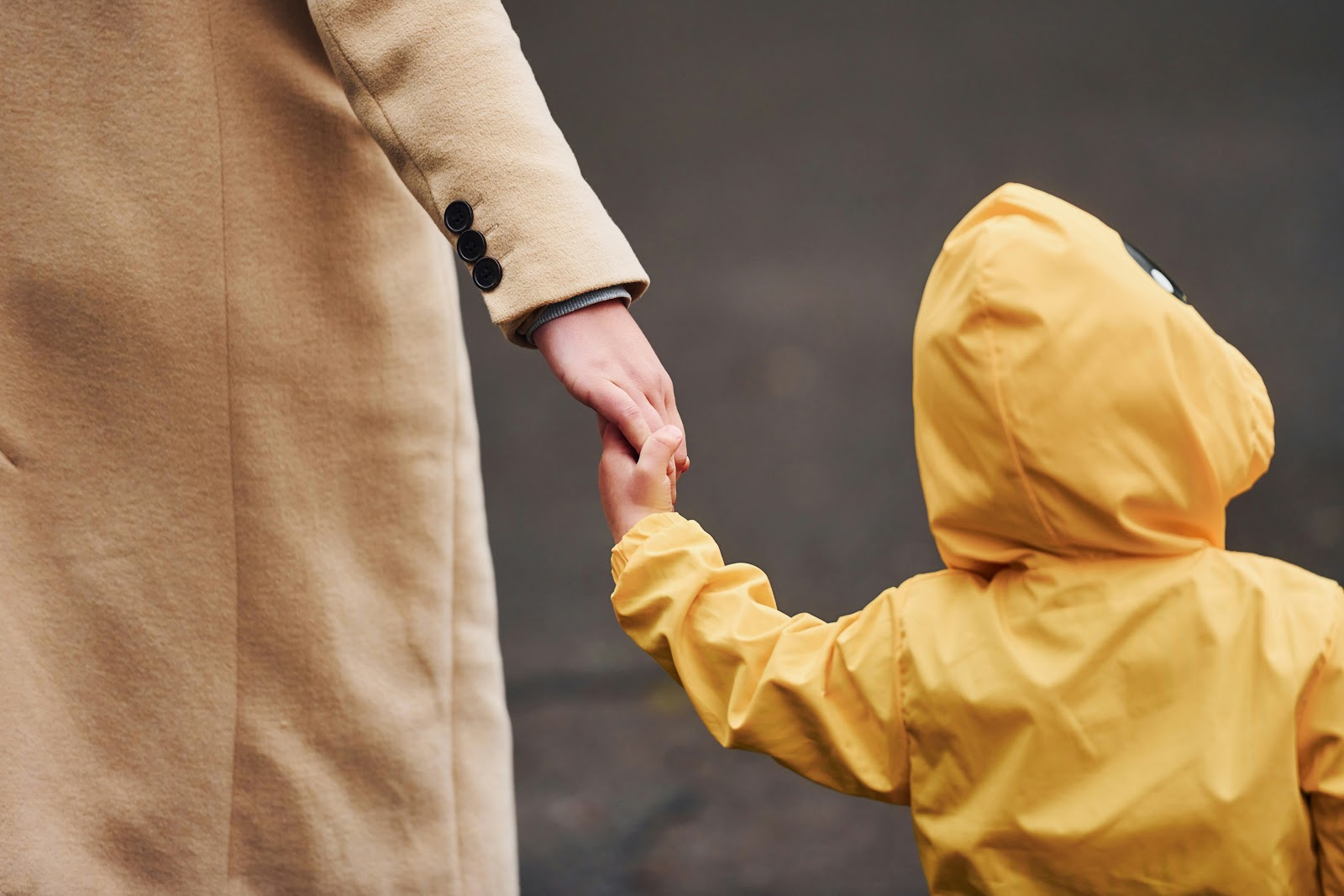Like many of you, I read The Catcher in The Rye in High School. I think I liked it. I don't really remember.
As my recollection is hazy, I will share this description I found on the internet:
Holden [the teenage protagonist] explains to [his sister] Phoebe that all he wants to be is the catcher in the rye. He pictures himself wearing a giant mitt, ready to catch kids as they fall off a cliff while playing in the rye. The kids represent childhood. The field represents innocence. The fall from the cliff represents the fall from innocence.
I expect we talked about this theme of lost innocence in my English class, but I, at 15 or 16, was barely out of childhood myself. How could I have known what Holden was getting at? Fast forward twenty years to when I had children of my own, and I would have gladly accepted the assistance of Holden’s mitt.
I remember looking at my daughters when they were very young and wishing I could protect them from whatever heartaches lay ahead.** And now, with the world feeling ever more perilous, I wonder what challenges - personal or societal – my grandchildren will face.
Lately, though, my desire to protect others from harm extends beyond children. I don’t just want to preserve the innocence of the young; I want to keep children and adults alike safe from harms and heartbreak of all sorts. Every day, I encounter or hear about people who are hurting. Today, a friend let me know that the husband of a dear friend of hers had died. My heart ached for my friend’s friend, although I had never met her.
Every day, I read news about people who are living in war zones, hungry and afraid. I hate my helplessness in the face of this anguish. When I learn of people who have lost their jobs, who are homeless, who are lonely, I want to protect them. I want Holden’s giant mitt to hold back the bombs, to carry food and blankets.
Of course, I can barely save myself, let alone anyone else. None of us has much control over very much, really. At least that’s what we discover when life pulls the rug out from under us. That's what I discovered when my husband was diagnosed with cancer.
So, here's what I am (perhaps naively) asking myself today. Isn’t it enough that nature throws illness, hurricanes, floods, earthquakes etc. our way? Why must we manufacture more destruction? Why do we rain bombs on civilians? Why do we allow children to go hungry? Why do we look away from anguish? Why don't we pool and direct our talents and resources toward helping one another? We know how to do this. When a natural disaster occurs, people show up to rescue and comfort each other. When my husband fell sick, then died, friends and family showed up to help us, then me. Why can’t we approach one another with kindness all the time? Why must humans be so infernally, so maddeningly cruel and self-destructive?
I know what you’re thinking. It’s human nature to make war. To hoard wealth. To look the other way.
Maybe.
But, "human nature" notwithstanding, I think it's worth it to open our hearts, put on our mitts, and see what can be done.
And as I don't know where to begin, let's start with kindness and generosity close to home. Perhaps the next step will then become clear.
May it be so.
marek-studzinski-eaHMb9UJT0I-unsplash.jpg
** I wrote about this desire to keep my daughters safe here: https://woacanotes.blogspot.com/2015/03/luck-be-lady_21.html






